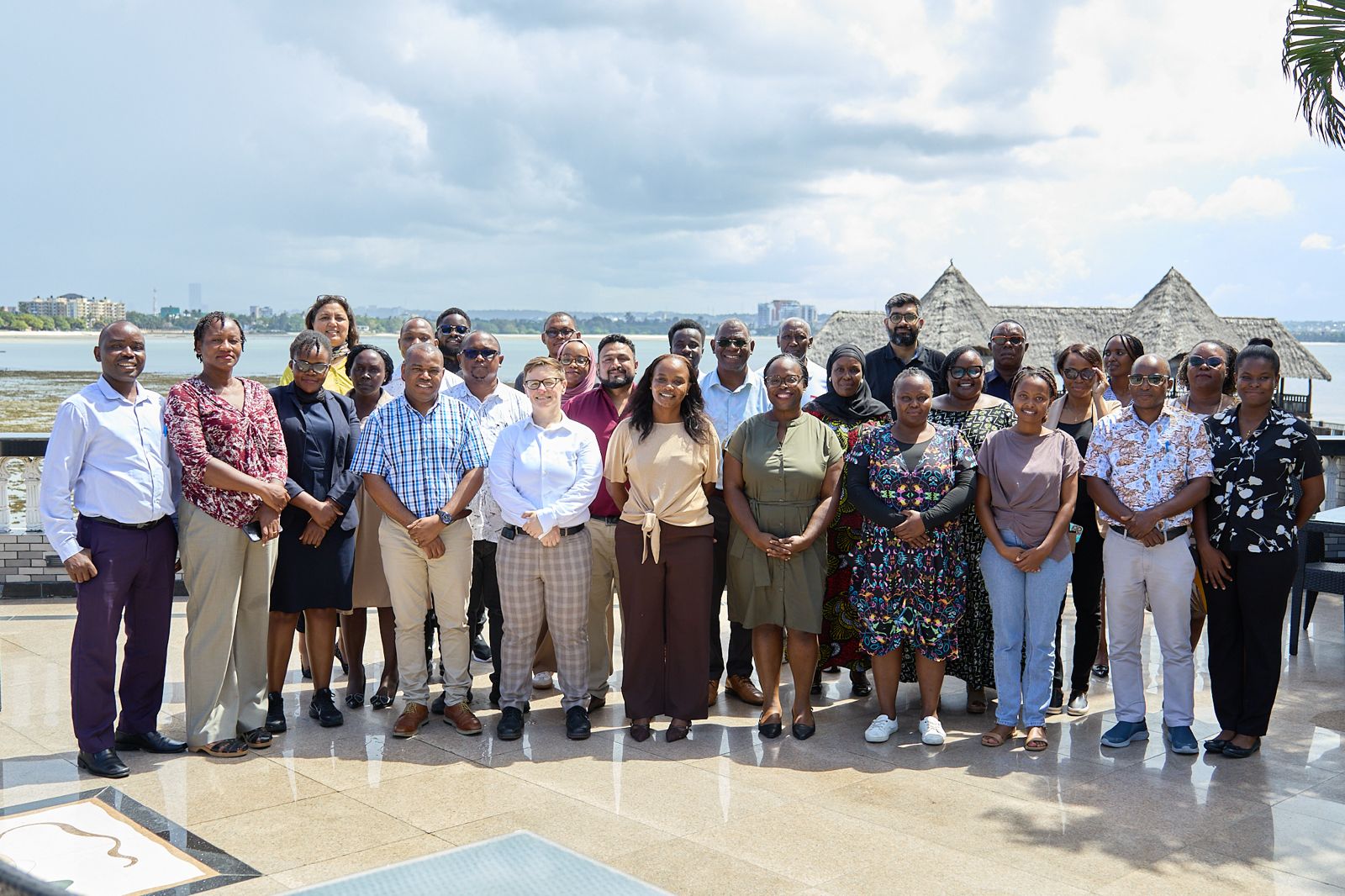
ENGAGEMENT: Newborn care program teams meet to reflect, strategize, and accelerate progress

On May 2 2025, representatives from the Ministry of Health (MOH), the President’s Office – Regional Administration and Local Government (PO-RALG), Regional Health Management Teams (RHMTs), and both the NEST360 country and global teams gathered for a half-day meeting focused on reviewing program progress and planning the path ahead.
In his opening remarks, Dr. Honorati Masanja, Chief Executive Director of the Ifakara Health Institute, welcomed participants and expressed appreciation for their continued commitment. He commended the ongoing collaboration among stakeholders, emphasizing that joint efforts have already yielded promising results in improving newborn care.
Dr. Masanja encouraged all participants to use the platform to actively engage with one another, highlighting it as an important opportunity to share updates, provide feedback, and strengthen collective action moving forward.
Speaking on behalf of Dr. Bundala, Assistant Director for Reproductive, Maternal, Newborn and Child Health (RMNCH), Victoria Lyimo, also welcomed participants, stressing the importance of shared responsibility in achieving national goals for maternal and newborn health.
Taking Stock: Where We Are Now
Dr. Mariam Johari, NEST360 Country Liaison, gave a presentation titled “Where We Are and How Can We Move Faster Together.” She highlighted the program’s progress and invited participants to reflect on how to build on successes and address remaining gaps.
In Tanzania, the NEST program works in close collaboration with the Ministry of Health to improve the quality of comprehensive newborn care units, as outlined in the National Guideline for Neonatal Care across 25 hospitals in four regions on the mainland and three hospitals in Zanzibar.
Group Work: Identifying Challenges and Solutions
Participants then broke out into thematic working groups—clinical/quality improvement, HTM/biomedical engineering, and data systems—to identify current implementation challenges and propose practical solutions. These group discussions were dynamic and action-oriented, with participants drawing from field experience to propose realistic ways forward.
The meeting concluded with country thematic leads convening to outline priorities for the next six months. Drawing from earlier discussions, they began shaping a cohesive national strategy aimed at accelerating implementation and ensuring sustainability.
In closing Dr Masanja thanked everyone for active participation and stressed that the feedback was highly available and much needed as teams strengthen the work they are doing.
